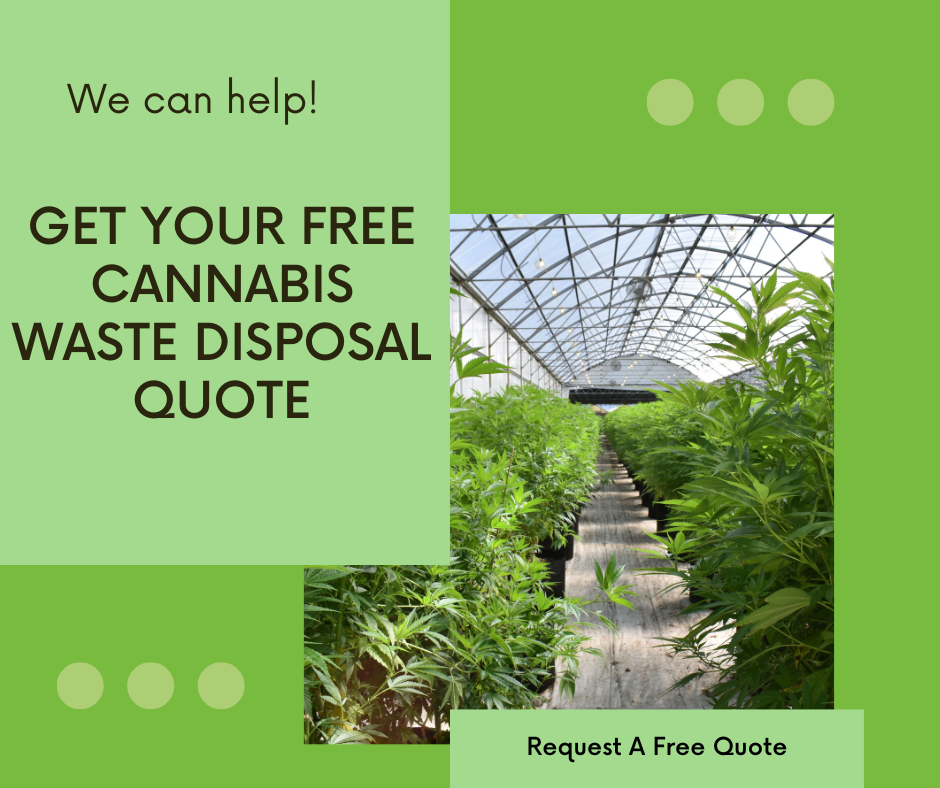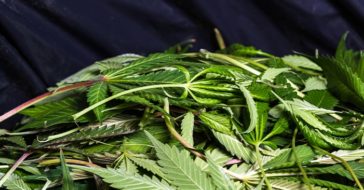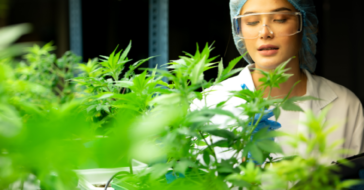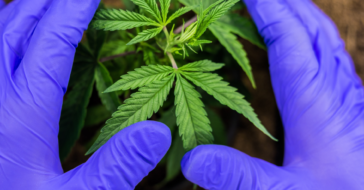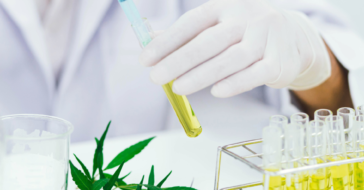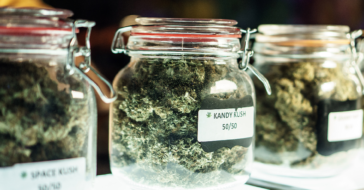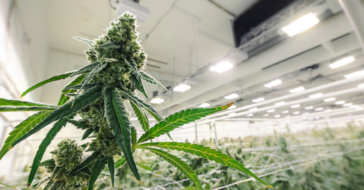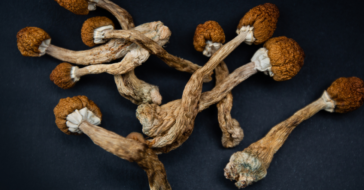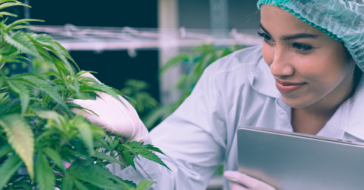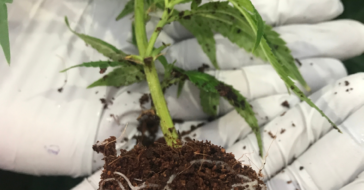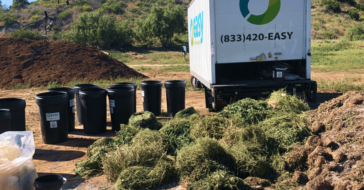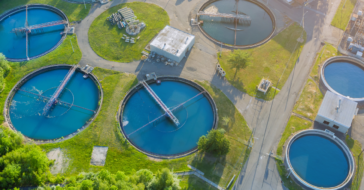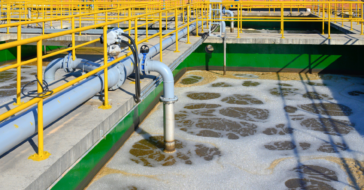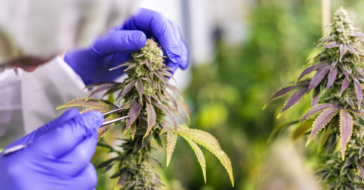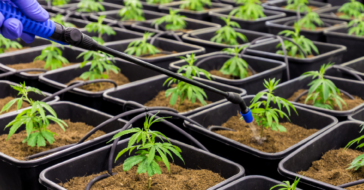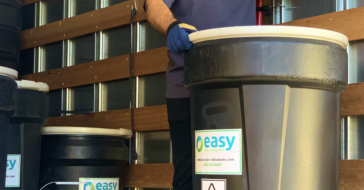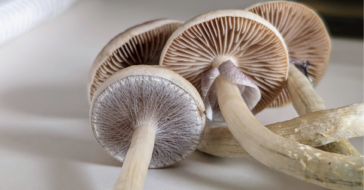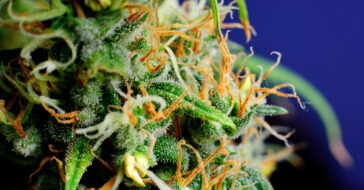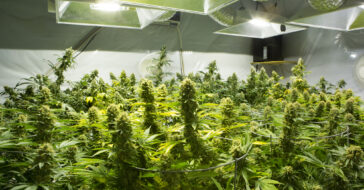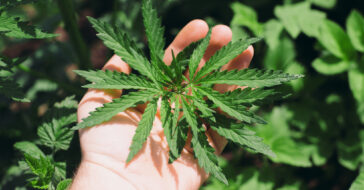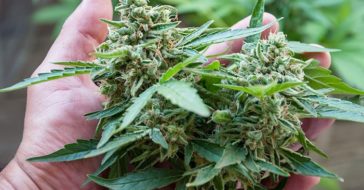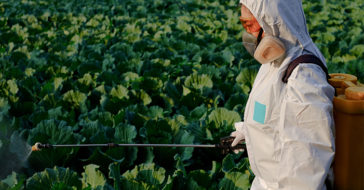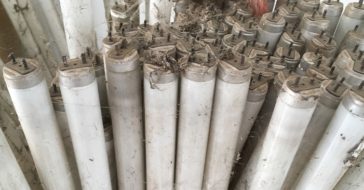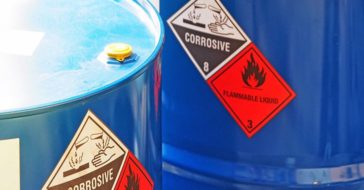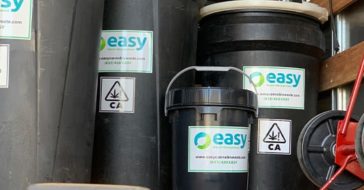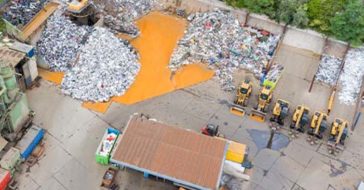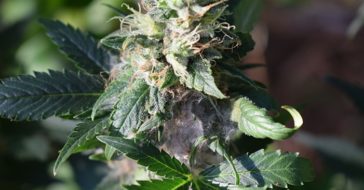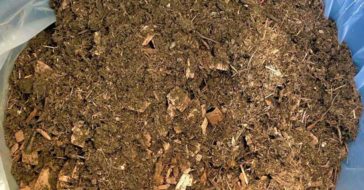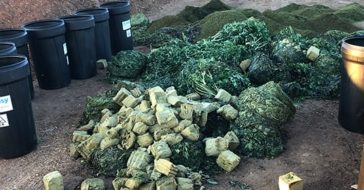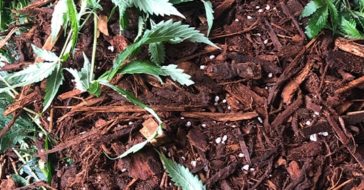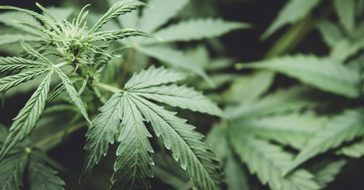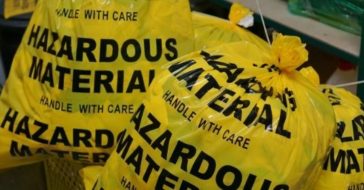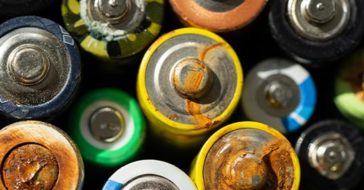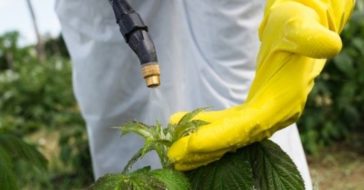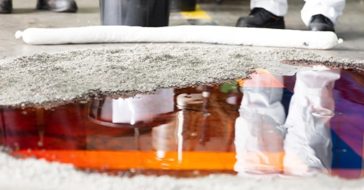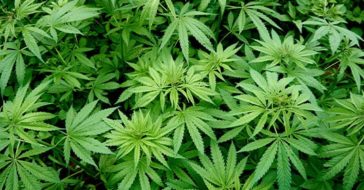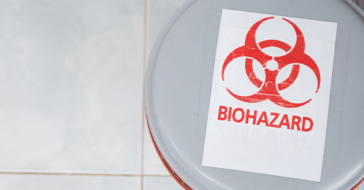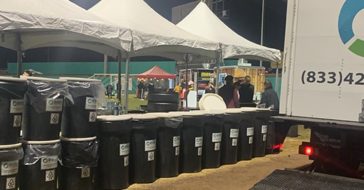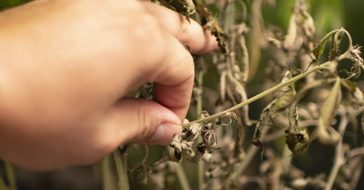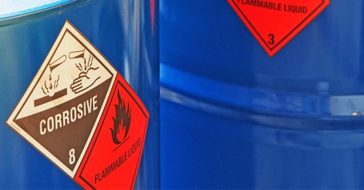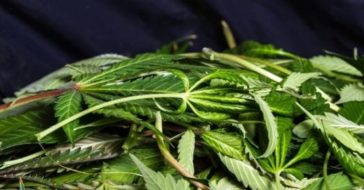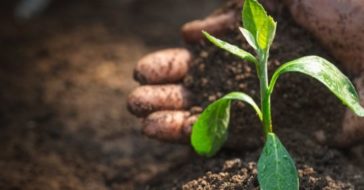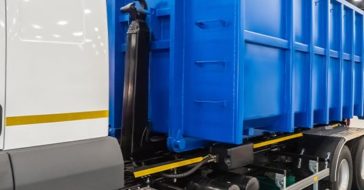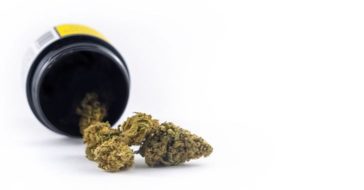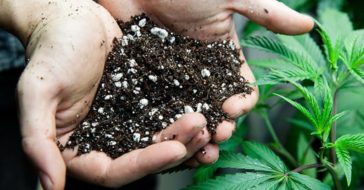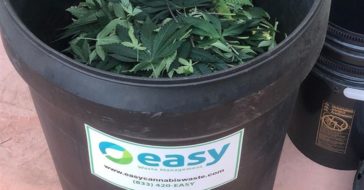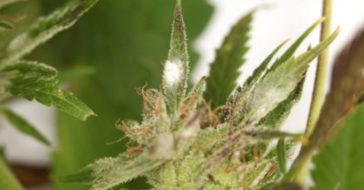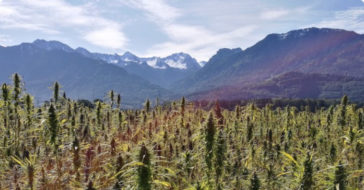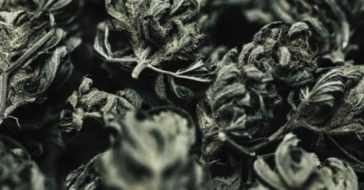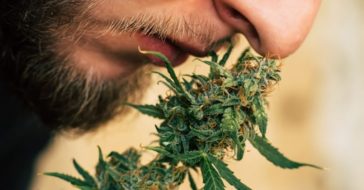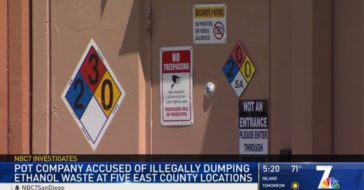During the cannabis cultivation process, green thumbs meet technological sophistication. Growing and cultivating cannabis is an intricate process that ultimately leads to the production of several cannabis products, from edibles to oils, buds and more.
It’s an ever-evolving industry where nurturing a plant can lead to a growing list of possibilities as innovation continues to drive advancements and expand the horizons of what cannabis can offer. Yet all of these opportunities begin with the growing and cultivation of cannabis.
Here’s a look at the intricate cannabis cultivation process, as well as important considerations you as a cannabis business owner should address, ranging from cannabis waste management to security concerns.
Cannabis Cultivation Process
The cannabis cultivation process involves several stages, from germinating seeds or propagating clones to harvesting and curing the final product. Here is an overview of the typical steps involved in cultivating cannabis: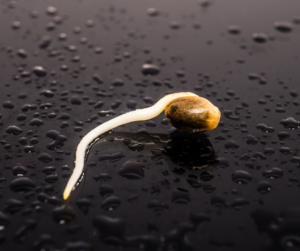
- Genetics and Strain Selection: Cultivators start by selecting the strains or genetics they want to grow. Different strains have unique characteristics, including growth patterns, cannabinoid profiles, and flavors.
- Propagation: Cannabis plants can be grown from seeds or clones. Seeds are germinated, and healthy seedlings are transplanted to larger containers. Clones are cuttings from mature plants that are rooted to create genetically identical plants.
- Vegetative Growth: During this stage of growth, the plants are provided with a light cycle of 18-24 hours of proper indoor and outdoor light per day. They are typically grown in larger containers or pots and are encouraged to develop a strong root system and lush foliage.
- Sexing and Pruning: Cannabis plants can be male or female, and only female cannabis plants produce flowers (buds) with high cannabinoid content. Cultivators must identify and remove any male plants to prevent pollination. Pruning is also done to encourage bushier growth and increased bud production.
- Transition to Flowering Phase: To induce flowering, the light cycle is changed to 12 hours of light and 12 hours of darkness. This change in light triggers the marijuana plants to start producing flowers.
- Flowering Stage: This is the most critical phase for cannabis cultivation when the plants develop their buds. Temperature, humidity, and nutrient levels must be carefully controlled to optimize bud growth and resin production.
- Pest and Disease Management: Throughout the cultivation process, cultivators must monitor and control pests, diseases, and mold to ensure healthy plant growth.
- Harvesting: When the buds have reached their peak maturity, they are ready for harvest. This typically occurs 8-14 weeks after switching to the flowering stage. Buds are harvested by cutting the entire plant or individual branches.
- Trimming: After harvest, the buds are trimmed to remove excess leaves and stems. This improves the overall appearance and quality of the final product.
- Drying: The trimmed buds are hung in a controlled environment with proper ventilation and humidity levels to dry. This process can take 1-2 weeks, depending on conditions.
- Curing: After drying, the buds are placed in airtight containers for several weeks to months. Curing enhances flavor, aroma, and potency while reducing harshness.
- Testing and Quality Control: Cultivators may send samples for laboratory testing to determine cannabinoid and terpene profiles, as well as to check for contaminants like pesticides or heavy metals.
- Packaging and Distribution: Once the cannabis is properly cured and tested, it’s ready for packaging and distribution to dispensaries or consumers.
- Record Keeping: Cultivators often maintain detailed records of each batch, including strain information, growth conditions, and testing results for regulatory compliance and quality control.
It’s important to note that cannabis cultivation is subject to various regulations and laws that vary by location, so growers must adhere to local, state or national regulations governing the cultivation, sale, and distribution of cannabis products.
Important Considerations For A Cannabis Business
Running a cannabis cultivation business involves many considerations, from regulatory compliance to waste management and safety practices. Here are some important factors to keep in mind if your business involves cannabis cultivation:
Regulatory Compliance
Key aspects of regulatory compliance in cannabis cultivation include obtaining the necessary licenses and permits, maintaining meticulous record-keeping, adhering to environmental standards, implementing quality control and testing measures, and ensuring robust security measures.
Particularly environmental regulations are among the cannabis laws that are constantly evolving, with legislators focusing on areas like waste water treatment and disposal to protect the environment. Cultivators must navigate this complex regulatory landscape to operate legally and responsibly.
Security Measures
Security is not only a priority but a necessity throughout the cannabis cultivation process. Cannabis facilities are home to valuable crops, making them potential targets for theft and vandalism.
To safeguard both the product and the operation, cultivators typically implement stringent security measures, including surveillance systems, access control and alarm systems. These security protocols not only protect against external threats but also help ensure compliance with regulatory requirements that mandate robust security practices.
Possible Recall Contingencies
One issue many cannabis businesses fail to address before it becomes a problem is in the area of cannabis recalls. Yes, it is possible for cannabis products to be recalled during the cultivation process, as well as at various stages of production and distribution.
Cannabis recalls typically occur for a variety of reasons, including:
- Contamination: If cannabis products are found to be contaminated with harmful substances such as pesticides, mold, bacteria or heavy metals, they may be subject to recall to protect consumers.
- Failed Quality Control Testing: Cannabis products are often subject to rigorous quality control and testing standards throughout the cultivation and manufacturing processes to ensure they meet potency and safety requirements. If products fail these tests, they may be recalled to prevent them from reaching consumers.
- Non-Compliance With Regulations: Failure to comply with regulations, such as licensing or security requirements, can lead to recalls or the suspension of operations.
- Cross-Contamination: In facilities that produce multiple cannabis products, the risk of cross-contamination between different strains or batches can lead to recalls to maintain product purity.
Recalls can be carried out voluntarily or through a court order, which means you may have to quickly act if you find yourself subject to a recall. Our article, Has Your Cannabis Been Recalled? How Cannabis Disposal Services Can Help, walks you through the process of managing a recalled or failed cannabis product so that you can resume operations as soon as possible.
Waste Management
Cannabis cultivation generates various types of waste, including plant material, packaging and hazardous waste such as solvents and chemicals.
During the cultivation process, wastewater is also generated primarily through irrigation and the runoff of excess water. Any wastewater generated during marijuana or cannabis production is considered hazardous waste.
Cannabis waste, such as plant waste, may need to be mulched, composted or rendered unusable.
Cannabis waste disposal guidelines can vary, making this portion of your operations particularly important to understand. For example, not only are you required to separate your waste, you are required to secure it and track it during disposal. Record keeping is also critical since it demonstrates your compliance with regulations.
Partnering with experienced cannabis disposal services is crucial to ensure you’re meeting any requirements of your business. These services specialize in the proper disposal of cannabis waste, helping cultivators avoid compliance issues and potential legal penalties. They provide guidance on waste management, ensuring that all waste products, including plant material and byproducts, are disposed of according to the law.
You can read more about what to look for in the top cannabis disposal services in our article, How To Choose The Right Cannabis Waste Management Company.
By addressing these considerations and staying informed about evolving regulations, you can operate a cannabis cultivation business that is both compliant and responsible. Consulting with cannabis waste management experts can also be invaluable in navigating the complex regulatory landscape and ensuring environmentally sound practices.

